In modern oral care, mouthwash has become a daily part of many people's lives. It not only freshens breath but also helps clean the mouth and inhibit bacterial growth. However, with a wide variety of mouthwashes available, alcohol-free mouthwashes are gaining popularity due to their gentle, non-irritating properties. So, who are suitable for using alcohol-free mouthwashes? This article will provide a detailed analysis from multiple perspectives.
1. Pregnant and Breastfeeding Women
Due to hormonal fluctuations during pregnancy, pregnant women are prone to gum redness, swelling, bleeding, and even gingivitis. Traditional alcohol-based mouthwashes can irritate the oral mucosa, and long-term use may even pose safety risks. Alcohol-free mouthwashes, on the other hand, are gentle and non-irritating, effectively helping to clean the mouth and inhibit bacterial growth while avoiding the potential effects of alcohol on the fetus and breast milk.
Usage Recommendations:
Choose an alcohol-free mouthwash containing fluoride to help prevent cavities and maintain dental health.
Use 1-2 times daily, preferably after brushing your teeth in the morning and evening.
Avoid swallowing; rinse your mouth for 30 seconds to 1 minute as directed and spit.
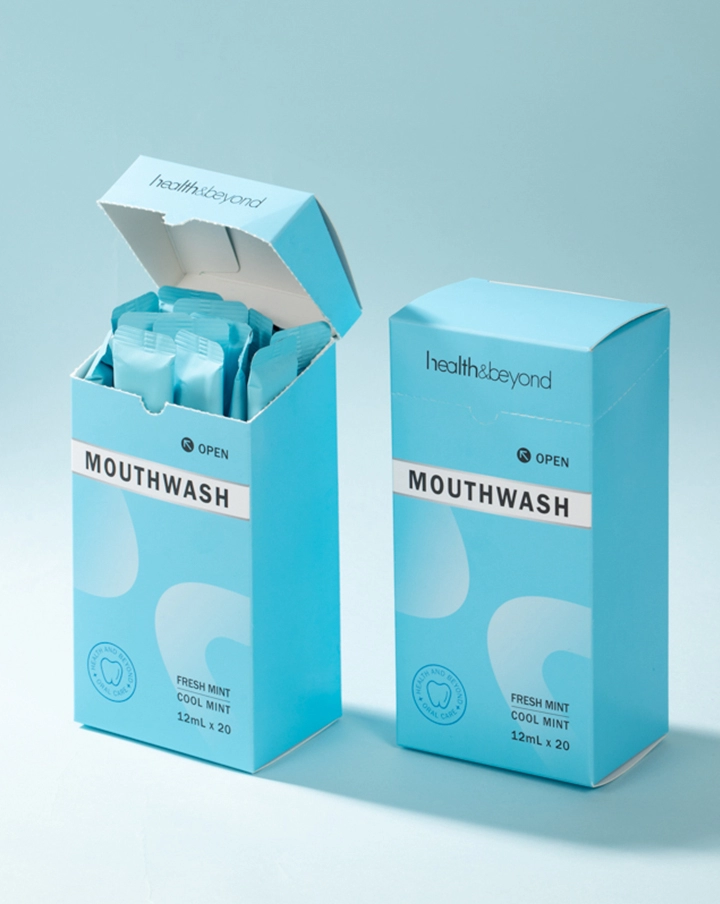
2. Children and Adolescents
Children's oral cavity development is not yet complete, leading to tooth sensitivity and limited swallowing ability. Alcohol-based mouthwashes can irritate the oral mucosa and pose a risk of accidental swallowing. Alcohol-free mouthwashes are designed specifically for children. They are gentle and non-irritating to gums, while helping to clean between teeth and reduce the risk of tooth decay.
Usage Recommendations:
Children should choose alcohol-free mouthwashes specifically formulated for children and avoid adult formulas.
Parents should instruct their children on how to rinse and ensure they do not swallow.
For children under 6 years old, it is best to use this product under the supervision of a dentist.
3. People with Oral Sensitivity
People with oral sensitivity include those with gingivitis, mouth ulcers, and tooth sensitivity. Alcohol-based mouthwashes can aggravate oral discomfort and irritate pain or ulcers. Alcohol-free mouthwashes are gentler and less irritating. They also inhibit bacterial growth through their antibacterial ingredients, helping to restore a balanced oral environment.
Usage Recommendations:
Rinse for less than one minute each time to avoid excessive irritation.
Choose an alcohol-free mouthwash that contains soothing ingredients (such as aloe vera or xylitol). If oral problems are severe, seek medical attention promptly and use only under a doctor's supervision.
4. Patients with Dry Mouth
Dry mouth is a common oral condition characterized by decreased saliva production and dry mouth. Alcohol-based mouthwashes can worsen dryness, while alcohol-free mouthwashes often contain moisturizing ingredients that can relieve dry mouth symptoms while also cleansing the mouth and reducing bacterial accumulation.
Usage Recommendations:
Choose an alcohol-free mouthwash containing glycerin or humectants to keep the mouth moist.
It can be used after meals or when dry mouth is noticeable to provide additional moisture.
Integrate hydration and oral hygiene measures to improve overall dry mouth.
5. People with Alcohol Sensitivity or Abstaining from Alcohol
Some people avoid alcohol for health, religious, or personal reasons. While regular alcohol-based mouthwashes can kill bacteria, they are not suitable for these individuals. Alcohol-free mouthwashes not only provide oral cleansing benefits, but also meet their needs without the risk of alcohol irritation or ingestion.
Usage Recommendations:
Check the product's ingredient list to ensure it contains no alcohol. Choose an alcohol-free mouthwash with antibacterial or whitening properties to improve oral health.
6. After Oral Surgery or Dental Treatment
After tooth extraction, periodontal surgery, or orthodontic treatment, the oral cavity is still recovering. Using an alcohol-based mouthwash may irritate the wound, cause pain, or delay healing. Alcohol-free mouthwash is gentle and safe, helping to clean the mouth, inhibit bacterial growth, and aid postoperative recovery.
Usage Recommendations:
Use according to your doctor's instructions and avoid rinsing vigorously.
Choose an alcohol-free mouthwash with antibacterial or soothing ingredients.
Rinse your mouth with water after use to reduce residue.
7. Elderly People
With aging, saliva production decreases, making the mouth more susceptible to dryness, gum recession, and periodontal disease. Alcohol-based mouthwashes may worsen oral dryness, while alcohol-free mouthwashes are gentle and safe, helping older adults maintain oral hygiene and fresh breath.
Usage Recommendations:
Choose an alcohol-free mouthwash with fluoride and moisturizing ingredients to help prevent caries and moisturize the mouth. Use 1-2 times daily in conjunction with brushing and flossing to improve oral health.
8. People Who Use Alcohol-Free Mouthwash for Daily Oral Care
Even those with good oral health can use alcohol-free mouthwash as a supplement to their daily routine. It cleans between teeth and on the tongue, inhibits the growth of oral bacteria, keeps breath fresh, and enhances oral health.
Recommended Use:
Use after breakfast or dinner to help maintain fresh breath.
Use in conjunction with brushing and flossing for a complete oral care system.
9. Considerations for Choosing an Alcohol-Free Mouthwash
Check the ingredients: Ensure it's alcohol-free, and also check for fluoride, xylitol, or antibacterial ingredients.
Age: Children and adults have different formulas; choose the one that suits your needs.
Taste and Flavor: A mild, pleasant taste enhances the user experience and encourages long-term use.
Use with Toothpaste: Mouthwash cannot replace brushing; brushing remains an essential part of daily routine.
Follow the instructions: Generally, it's recommended to rinse for 30 seconds to 1 minute at a time, and avoid swallowing.
Alcohol-free mouthwash, due to its gentleness and safety, is suitable for a wide range of people, including pregnant women, children, those with oral sensitivity, those suffering from dry mouth, those withdrawing from alcohol, those recovering from surgery, the elderly, and those seeking daily oral care. With appropriate selection and proper use, alcohol-free mouthwash effectively cleans the mouth, inhibits bacterial growth, and freshens breath, while remaining gentle and non-irritating to gums and oral mucosa. It is not only a great aid for oral health, but also an essential supplement to everyone's daily oral care routine.
As a professional oral care provider, we recommend that consumers choose an alcohol-free mouthwash tailored to their needs, making gentle oral care a standard daily oral health habit.
Health&Beyond specializes in alcohol-free mouthwashes and is committed to providing gentle, safe, and effective oral care solutions for all. Whether pregnant women, children, those with oral sensitivity, those suffering from dry mouth, or those withdrawing from alcohol, Health&Beyond's alcohol-free mouthwashes meet your daily needs for cleansing and fresh breath. Made with high-quality ingredients and free of irritating alcohol, these products are formulated with antibacterial and moisturizing formulas to provide comprehensive oral health protection. Insist on using Health&Beyond alcohol-free mouthwash to make every mouthwash a professional experience of gentle oral care.








 Previous news
Previous news
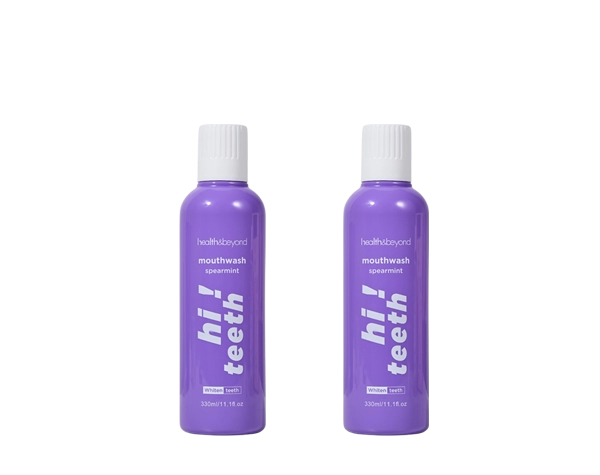

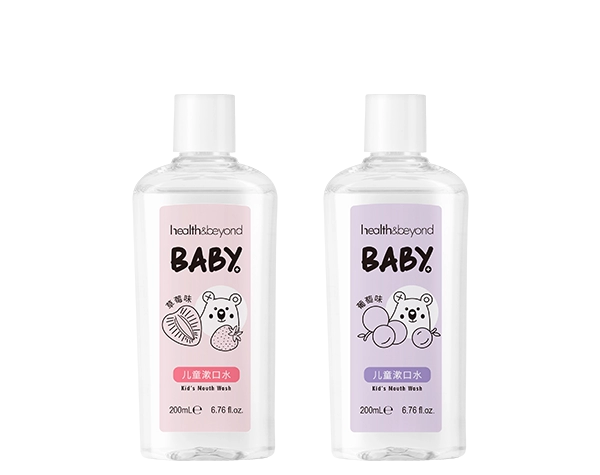
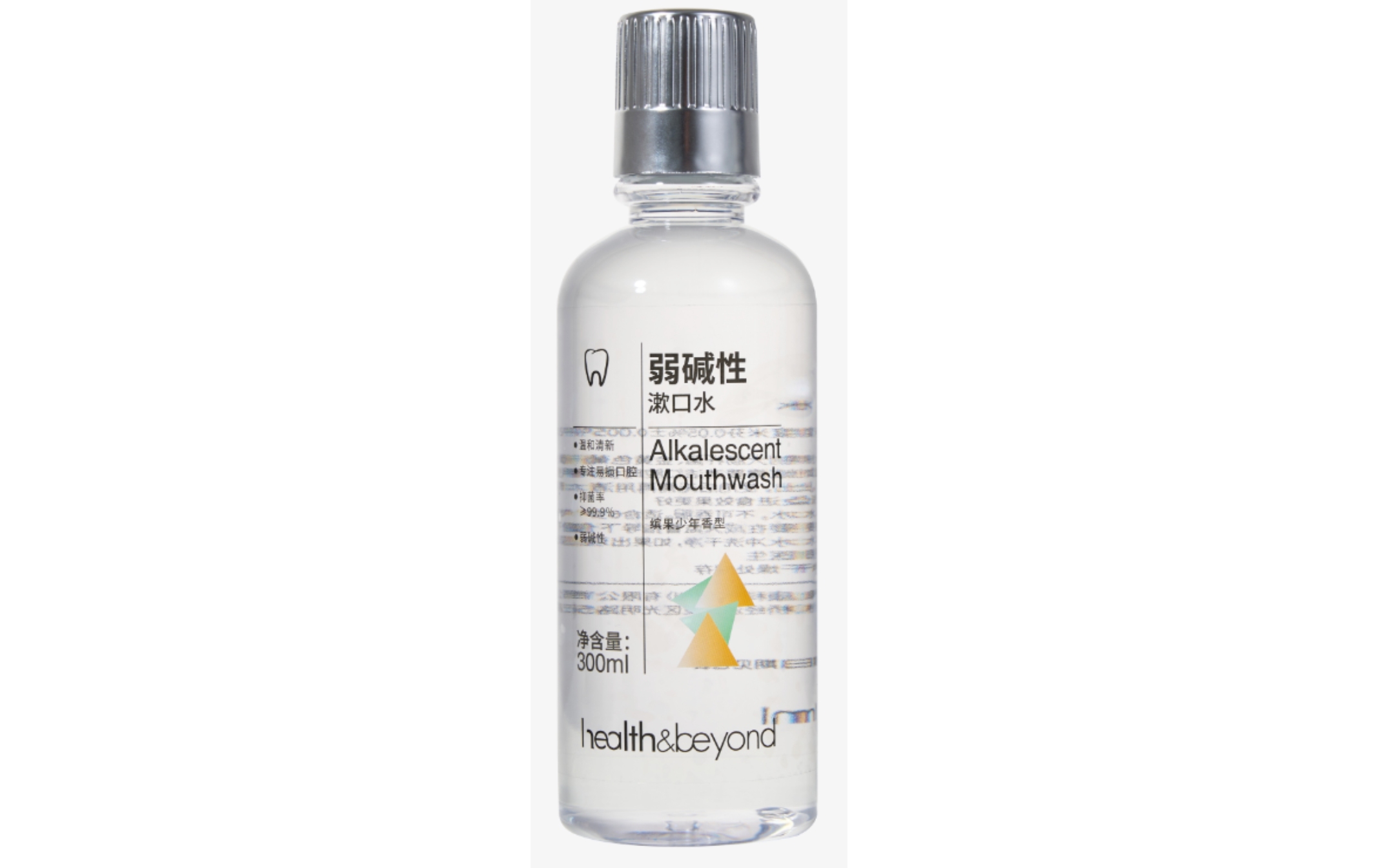
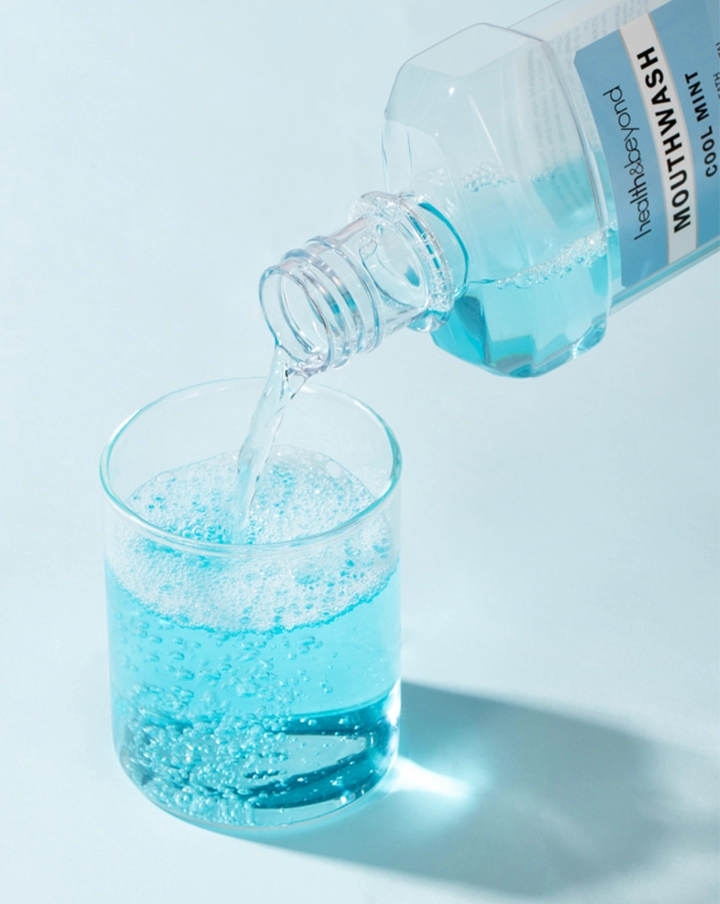

 WhatsApp
WhatsApp